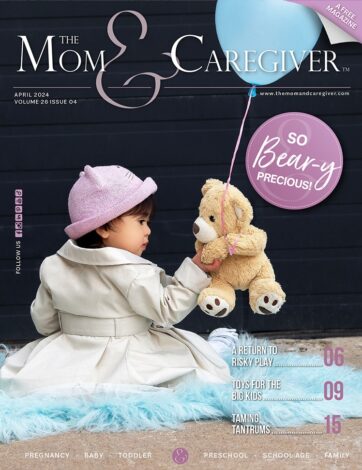What Every Parent Needs to Know About Infant Sleep
Parents can feel overwhelmed with advice or tips from family, friends, or social media when it comes to infant sleep.
Remember: you’re not doing something wrong if the baby wakes up in the
middle of the night. If your baby likes to cuddle to fall asleep, you may think that’s a bad habit you have created. It’s easy to question what you want to do versus what everyone says you should do.
As a Parent Educator, I want to help parents understand their babies and set realistic expectations.
Infant sleep 101
First of all, it’s not realistic to expect a baby to sleep long stretches without needing a diaper change or a feeding or a cuddle. An infant’s sleep cycle is entirely different than an adult’s. Infants can’t sleep long stretches or even determine nighttime or daytime until the part of the brain that regulates the circadian rhythm is developed (between 3-6 months of age). Even then, we think babies should be sleeping a full night at that point. Of course, this isn’t true.
After all, babies cry and wake up for many reasons. These reasons don’t stop at a specific age. Teething, growth spurts, illness, learning new skills, bad dreams. Babies are specifically designed to wake frequently to feed, to cuddle, to have needs met.
Think about it like this. If your best friend came up to you crying, you wouldn’t tell them to cry alone or refuse to hug them in fear of them becoming dependent on you. We often think differently about our babies.
Adults can wake up for many reasons. The difference is that adults have the skills to fall back asleep or meet their needs (get a drink, go to the bathroom, etc.). Babies can’t do that. They are 100% dependent on us to help them.
Helping your little one sleep
The best thing you can do is create an environment that’s dark and at a comfortable temperature. Have a bedtime routine in place, and try to stick to it. Avoid electronics, have white noise or music playing softly. Massage, skin to skin, is also recommended. The rest is up to the baby, and whatever stage they are going through.
It’s okay to rock your baby to sleep. It’s okay to respond to their cries. It’s okay to feel overwhelmed and frustrated. Put baby down in a safe place and walk away for a few minutes. Take deep breaths. Try again.
Paula Dibbits is a RECE, CIMI , Parent Support Educator. This article was submitted on behalf of the Middlesex-London Community Early Years Partnership.
Paula Dibbits, RECE, CIMI, Parent Support Educator, Middlesex-London Health Unit














